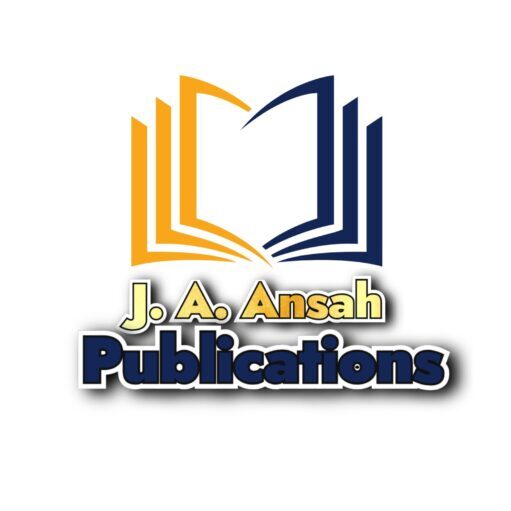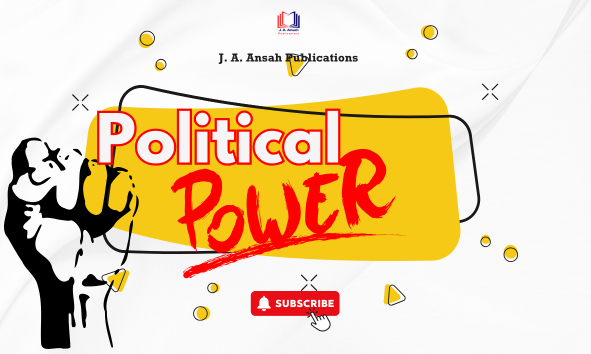POLITICAL POWER
POLITICAL POWER DEFINITION
Political power is the ability of an individual or group to influence the creation of policies, usually in government. Each state has different representations of political power. For example, the political power of the government in the United States is divided into three branches: The Executive Branch (presidency), the Legislative Branch (Congress) and the Judiciary Branch (Supreme Court). Some states in history have had a more centralised form of political power. Completely centralised political power in one individual is called an autocracy. Examples of autocratic leaders include Adolf Hitler of Germany and Vladimir Lenin, who led Soviet Russia.
TYPES OF POWER
Max Weber believed that there are three (not one) independent and equally important orders of power as under:
1. Economic power: For Marx, economic power is the basis of all power, including political power. It is based upon an objective relationship to the modes of production, a group’s condition in the labour market and its chances. Economic power refers to the measurement of the ability to control events by virtue of material advantage.
2. Social power: It is based upon informal community opinion, family position, honour, prestige and patterns of consumption and lifestyles. Weber stressed on the importance of social power, which often takes priority over economic interests. Contemporary sociologists have also given importance to social status so much so that they sometimes seem to have underestimated the importance of political power.
3. Political power: It is based upon the relationships to the legal structure, party affiliation and extensive bureaucracy. Political power is institutionalised in the form of large-scale government bureaucracies. They are controlled by elites, that is, small, select, privileged groups. Political power concerns the activities of the state, which is not confined to national boundaries. The networks of political power can stretch across states and across the globe. Political power involves the power to tax and power to distribute resources to the citizens.
NB: In addition to Weber’s types of power, there are a few other types also which are as under:
4. Knowledge power: To Foucault, power is intimately linked with knowledge. Power and knowledge produce one another. He saw knowledge as a means of ‘keeping tabs’ on people and controlling them.
5. Military power: It involves the use of physical coercion. Warfare has always played a major role in politics. Modern mass military systems developed into bureaucratic organisations and significantly changed the nature of organising and fighting wars. Few groups in society base their power purely on force or military might.
6. Ideological power: It involves power over ideas and beliefs, for instance, communism, fascism and some varieties of nationalism. These types of ideologies are often oppositional to dominant institutions and play an important role in the organisation of devotees into sects and parties. According to Michael Mann, there are two types of power, viz., distributional and collective.
7. Distributional power: It is a power over others. It is the ability of individuals to get others to help them pursue their own goals. It is held by individuals.
8. Collective power: It is exercised by social groups. It may be exercised by one social group over another.
THREE FACES OF POLITICAL POWER
1. The ‘first face’ of power is decision making: The first face of power is the most easily recognisable: decision-making is the process whereby an actor, such as an individual or a political organisation, considers their situation and acts upon a course they have determined. Decision-making might then consider both coercive and non-coercive action: Kofi might decide to force their penny-pinching landlord to install smoke alarms in order to comply with national safety guidelines, or Ama might decide to go and vote. Whereas the first action is coercive, the second action is not, and yet they are both examples of political decision-making.
2. The ‘second face’ of power is agenda setting: The second face of power involves controlling the parameters of a discussion. One might want to do this, for instance, so that the participants of the discussion might not even be able to address things that are in their benefits. Bachrach and Baratz describe this form of power like this:
‘To the extent that a person or group – consciously or unconsciously – creates or reinforces barriers to the public airing of policy conflicts, that person or group has power’. In other words, this face of power operates before the first: I might be able to thwart somebody else making a decision, or even discussing a decision and, in doing so, I demonstrate my power over them. In ancient Athens, although all citizens were able to participate in political decision-making, the powerful Senate was composed of elected individuals and set out which policies the citizens would discuss on any one day.
3. The ‘third face’ of power is thought control: Wouldn’t it be even easier if, rather than preventing somebody discussing something, we could prevent somebody from even realising what is in their real interests? In reality, this happens all the time and is one of the most important issues to address in the study of politics. As Lukes describes it:
‘The most effective and insidious form of power is to prevent … conflict from arising in the first place’.
SOURCES OF POWER
There are three basic sources of power: force, influence and authority. These are explained below:
1. Force: As explained previously, force is the actual (physical force) or threatened (latent force) use of coercion to impose one’s will on others. When leaders imprison or even execute political dissidents, they thus apply force. Often, however, sheer force accomplishes little. Although people can be physically restrained, they cannot be made to perform complicated tasks by force alone.
2. Influence: It refers to the exercise of power through the process of persuasion. It is the ability to affect the decisions and actions of others. A citizen may change his or her position after listening to an inspiring speech at a rally by a political leader.
3. Authority: It refers to power that has been institutionalised and is recognised by the people over whom it is exercised. It is established to make decisions and order the actions of others. It is a form of legitimate power. Legitimacy means that those subject to a government’s authority consent to it.
NB: Refer to authority (above)for more details on authority.
MERITS OF POWER
1. Power prompts people to take action.
2. It makes individuals more responsive to changes within a group and its environment.
3. Powerful people are more proactive, more likely to speak up, make the first move and lead negotiations.
4. Powerful people are more focused on the goals appropriate in a given situation and tend to plan more task-related activities in a work setting.
5. Power is associated with optimism about the future because powerful individuals focus their attention on more positive aspects of the environment.
6. People with more power tend to carry out executive cognitive functions more rapidly and successfully, including internal control mechanisms that coordinate attention, decision-making, planning and goal-selection.
DEMERITS OF POWER
1. Powerful people are prone to take risky, inappropriate or unethical decisions and often overstep their boundaries.
2. They tend to generate negative emotional reactions in their subordinates, particularly when there is a conflict in the group.
3. When individuals gain power, their self-evaluation become more positive, while their evaluations of others become more negative.
4. Power tends to weaken one’s social attentiveness, which leads to difficulty understanding other people’s point of view.
5. Powerful people also spend less time collecting and processing information about their subordinates and often perceive them in a stereotypical fashion.
6. People with power tend to use more coercive tactics, increase social distance between themselves and subordinates, believe that non-powerful individuals are untrustworthy, and devalue work and ability of less powerful individuals.



